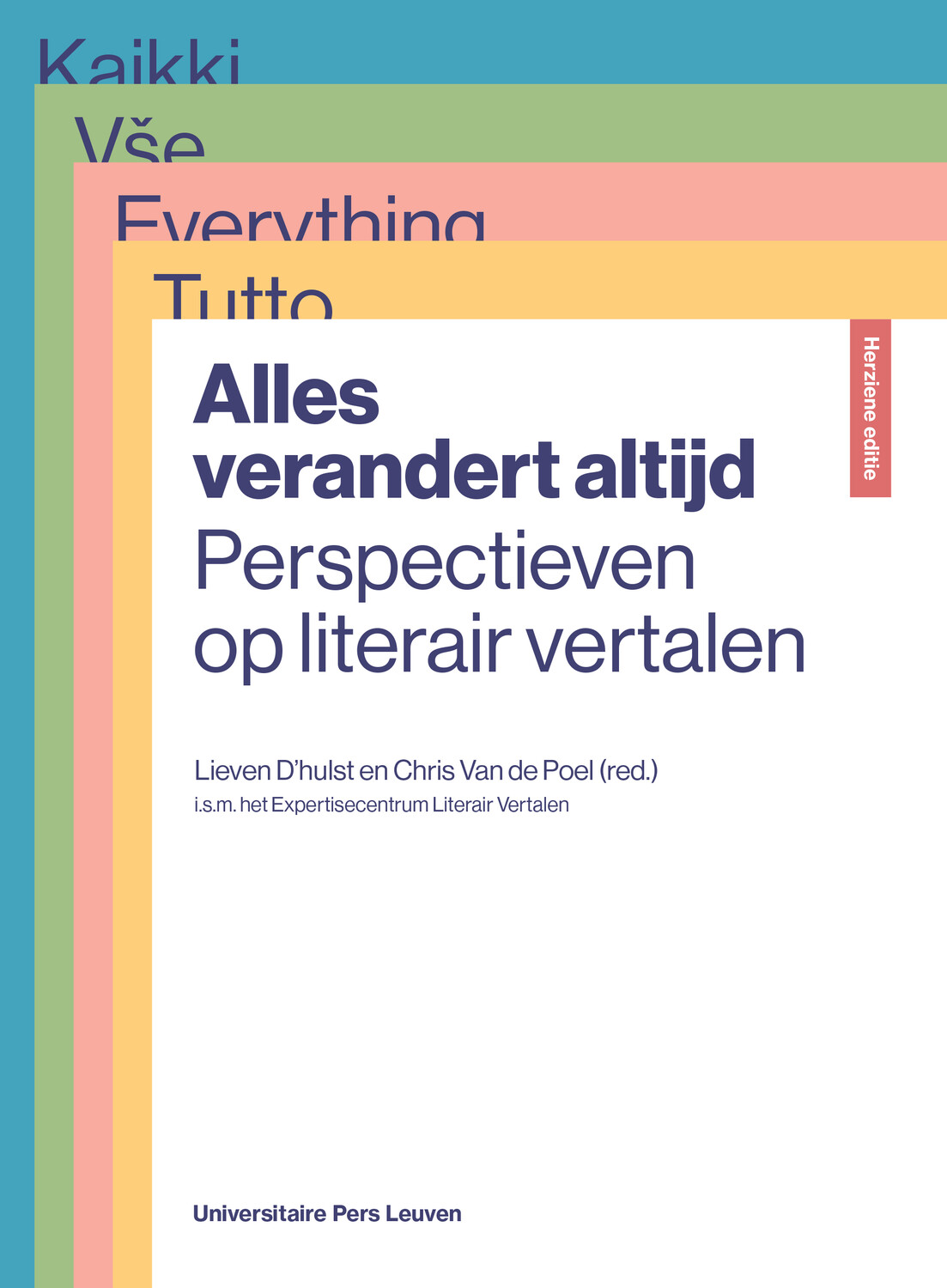
Paulo Beer is a psychoanalyst, professor and researcher in São Paulo, Brazil.
Understanding how one can think about truth within psychoanalysis and philosophy of science opens interesting possibilities to think and treat suffering differently.
In Truth and Suffering Paulo Beer explores different conceptions of truth and their profound influence on our understanding and approach to suffering. By discussing how different definitions of truth shape distinct ways of producing knowledge, the analysis prompts reflection on the impact of knowledge production on people's lives.
Briefly and concisely explain in plain language what the book is about.
The book affirms that different ways of thinking about truth lead to different ways of dealing with suffering. In particular, it opposes the hegemonic paradigm of “biological psychiatry” to psychoanalytic thinking, pointing to the need to address the matter of truth in a more complex and contingent way.
What or who inspired you to choose this topic?
The need to address suffering without reducing it to organic or physiological imbalances. It is imperative to examine the epistemological, ontological, ethical and political reasons for seeking answers so narrowly, and to think of other and more fruitful options. Focusing on the concept of truth is a good way to achieve that. I have mainly discussed one option (psychoanalysis), which has been criticized for many years for its supposed lack of scientificity. I deal with these critics by updating the debate with contemporary philosophy of science, in particular the work of Ian Hacking, which surprisingly offers possible dialogues. Understanding how one can think about truth within psychoanalysis and philosophy of science opens up interesting possibilities for thinking about and treating suffering differently.
Do you have any reading suggestions to share (books, blogs, journals, ...) for anyone who wants to know more about the subject?
Among the many references I could mention, I’ll limit myself to two: firstly, Asylum Magazine, a publication that has been thinking critically about suffering for decades. Secondly, the book Crazy Like Us, written by Ethan Watters, in which the author examines how forms of suffering have been exported by American culture.
How did the writing process for this book go? Did you experience anything surprising, amusing or strange?
The book results from my PhD research. There was a moment when I was deeply immersed in epistemological discussions and felt that I was wandering without a clear purpose. That’s when I returned to the political discussion that underlies our choices of how to deal with suffering, something that is central to my work and that actually prompted it. It made all the discussions make sense again.
What would you like readers to remember about your book?
One idea I insist on in the book is that questions are more valuable than answers. Dealing with the matter of truth keeping that in mind takes us to other possibilities, reopens paths that have been closed (many times for questionable reasons), and permits us to think differently about suffering.
Do you have any plans yet for another publication? What will it be about?
Yes, I’m currently developing a research about scientific denialism, my next book will probably be about it.
Truth and Suffering
Psychoanalysis, Science and the Production of Symptoms
Paulo Beer
paperback, ebook











































